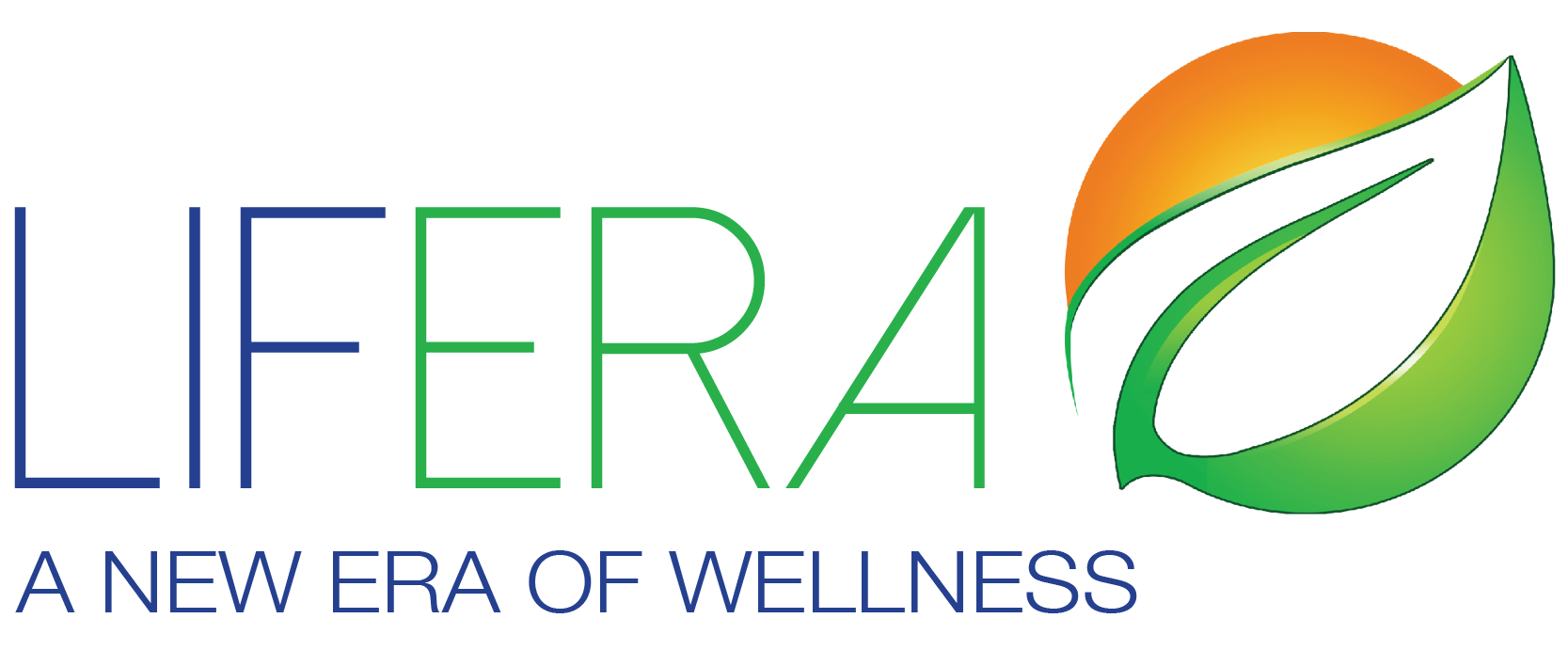5 Recovery Resolutions to Make for 2021
 2020 was a challenging year for people in recovery — and everyone else. Here’s how to start 2021 fresh.
2020 was a challenging year for people in recovery — and everyone else. Here’s how to start 2021 fresh.
Even five minutes a day of meditation can help you establish a practice that can positively impact your health.
2020 was a year to remember, and not in a good way! The pandemic caused many people to start using drugs and alcohol to help manage stress. Even people who had been in recovery for a long time found themselves at risk for relapse. If you were lucky enough to make it through 2020 with your sobriety intact, you likely had some bumps and bruises along the way.
Now that the new year is here, it’s the perfect time to reset and rejuvenate your recovery. Here are 5 new year’s resolution ideas for people in recovery. Which ones will you try?
1. Start Recovery Check-ins
When things feel overwhelming, it’s easy to forget the immense amount of progress you’ve made. Keeping a record of your progress can help you see how far you’ve come, which can inspire you to keep on track even when things are challenging.
Grab a journal and commit to spending 10 minutes on a monthly check-in. What’s going well for you? What’s challenging, or could be done better in the coming months? What are you proud of?
Answering these questions monthly will help keep you on track, without needing a large time commitment.
2. Be of Service
For most of us, 2020 was about survival. Which means you may have let go of volunteering or other ways of being of service. Although that’s understandable, giving back to the recovery community is an important way to stay focused.
So, in the new year, commit to returning to your service work. If you have the bandwidth, look into ways to volunteer or mentor. If you’re still struggling, take small steps, like contributing to online groups that you benefit from. Even little actions can make a big difference in the connection you feel with your recovery community.
3. Practice Mindfulness
The more that scientists and researchers look into the benefits of mindfulness, the more evidence they find that it’s a powerful tool. Practicing mindfulness can help people manage stress, reduce depression and handle anxiety. Since those are common issues for people with substance use disorder, lots of people find that mindfulness can keep them clear-headed enough to focus on their recovery.
It’s okay to start really small. Even five minutes a day of meditation using an app like Headspace, Calm or Ten Percent Happier can help you establish a mindfulness practice that can have a great impact on your health.
4. Get Your Financial House in Order
Active addiction can do real damage to your financials. So can living through a pandemic, where many people have lost their jobs; while others find comfort in treats like dining out or buying something new.
The new year is the perfect time to take steps toward building financial security. Consider committing to a budget, or putting your bills on autopay so they’re never late. Cancel any subscriptions you no longer use so that you’re not wasting money on them. Update your résumé
so that when the perfect job comes along, you’ll be ready to apply.
If you’re feeling financially overwhelmed, reach out for help. Just like substance abuse, financial troubles rarely resolve on their own.
5. Embrace Quiet Time
During 2020, it felt like there was always something to do. If you had a moment’s respite from dealing with your to-do list, you probably felt yourself sucked into the non-stop news cycle.
Constantly being engaged can be taxing. It wears down your mental reserves. So, in 2021, be sure to schedule yourself some quiet time. Rather than watching the news endlessly or listening to a podcast all the time, go for a walk and just listen to nature. Draw, paint, or sculpt. Give yourself the chance to just be still, so your mind has the opportunity to rejuvenate before tackling the next item on the to-do list.
This year, take the opportunity to start the year on the right foot, by refocusing your attention on your recovery.
If you need any more support or information about getting and staying sober, reach out to one of our Sobriety Navigators! [email protected]





